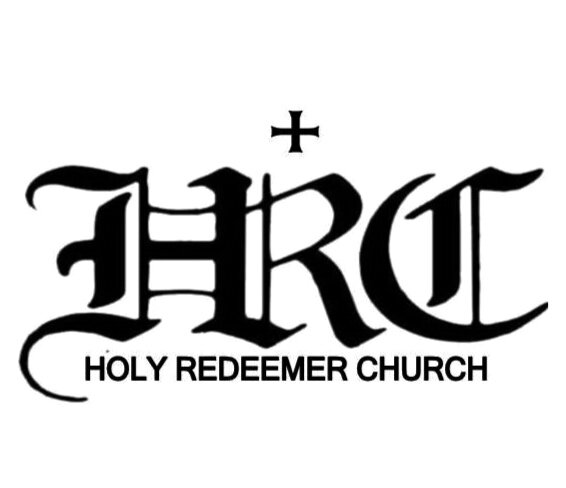Joy, an attitude of the Saint
december 15, 2024 | 3rd sunday of advent, Year C
Zephaniah 3:14-18a; Philipians 4:4-7; Luke 3:10-18.
What a beautiful invitation in today’s liturgy: “Gaudete in Domino semper” (“Rejoice in the Lord always”). In a world filled with depression, anxiety, troubles, problems, wars, business stress and loneliness, the invitation sounds as a relief and a solution to human joy and true happiness. Why shall we rejoice and what can keep us joyful in the Lord?
Reasons for rejoicing
Prophet Zephaniah (7th CB) tells us that God is in our midst, as a Mighty Savior; He will rejoice over us with gladness, and renew us in his love, he will sing joyfully because of us, as one sings at festivals. God has removed your punishment and turned away your enemies. God loves us. Jesus, the word made flesh, is the embodiment of God’s love. We are God’s beloved children. We must turn away from every evil and rejoice in Christ. We deserve to be happy. Let’s never be prisoners of hatred, of our sins, of our anger, our stress and of our struggles! Rejoice in the Lord always.
How can we sustain our joy in the Lord?
To sustain the spirit of joy, St. Paul suggests a few things. First, we should pray with gratitude. Through prayers, God transforms our sorrows into joy, our obstacles and problems into bridges and solutions. Let’s find joy in prayer. Second, St. Paul advises us to cast our anxieties unto the Lord so that the peace of God that surpasses all understanding will guard our hearts and minds in Christ Jesus. Finally, there is joy in gratitude. A grateful heart is a happy heart.
The Secret of joyful heart
In the Gospel, John the Baptist gives us the secret of Christian happiness. It resides in avoiding evil, - being generous, being satisfied for what we have and fulfilling our duties faithfully.
Always think for the good of others.
Christmas is the time of giving. Mother Teresa of Calcutta gives us an incredible example of the joy of the Gospel. She gave her entire life to the poor. She once said:
“We wait impatiently for paradise, where God is, but it is in our power to be in paradise even here on earth and from this moment. Being happy with God means loving like him. Giving like him; helping like him; serving like him”.
Being Happy is to be attentive to the needs of others. John the Baptist does not ask one to change their profession, but to exercise every vocation with charity, honesty and totally focus on the good of others. In other words, if you are a nurse, be good nurse or a good doctor; be a good priest, be a good deacon; be a good teacher; be a good parent; be a good civil servant; be a good soldier; be a good president; be a good minister; be a good Mayor; be a good officer. Do not say what is not true! Do not spread news that is not true! Do not take what is not yours! Liars don’t go to heaven.
“Do to others what you would have them do to you” (Mt 7:12).
This will give you joy in Christ. Satisfaction is not always about what we have, but the realization of how blessed we are for what we have.
“Gaudete in Domino semper!” (“Rejoice in the Lord always”)
Fr. Georges Roger BIDZOGO SAC
Living the Gospel this week: Rejoicing in God’s Presence
“The LORD, your God, is in your midst, a mighty savior” (Zephaniah 3:17)
We often overlook the power of the presence of God in our midst in our daily lives, especially in times of difficulties. On this third Sunday of Advent, Prophet Zephaniah reminds of the power of the presence of God amidst his people. He invites us to celebrate God’s presence.
1) God’s presence removes any fear because it is a loving presence. “There is no fear in love. Perfect love drives out fear” (1 John 4:18) – Meditate on what Jesus has done for you by removing any form of condemnation and judgment upon you!
2) When we feel anxious or worried, let’s find comfort in knowing that God is with us as a Mighty Savior. He loves us and will take care of us. He can do all things (Philippians 4:13)
May you find peace and safety and peace in God’s presence by visiting Jesus in the Blessed Sacrament for this week for few minutes of adoration as Psalm 16:11 reminds us that “In God’s presence there is fullness of joy; at his right hand eternal pleasure”
Fr. Georges Roger BIDZOGO SAC




















